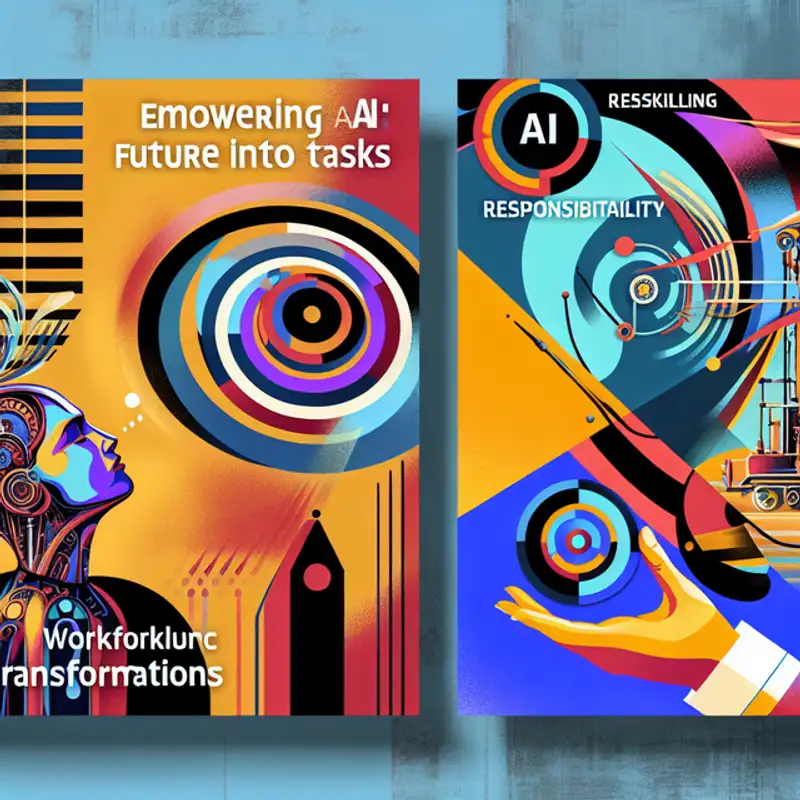AI is transforming the workforce faster than ever, and businesses must adapt—or risk falling behind. This Fast Company article explores how leaders must “re-engineer” work, not just automate it, to create inclusive opportunities instead of leaving workers behind. Industry expert Josh Bersin highlights that organizations should break jobs into tasks, identify where AI fits, and define where humans provide value. Successful workforce transformation isn’t just about efficiency—it’s a moral mandate. If done right, AI won’t replace employees; it will empower them to thrive in new roles. But failure to act could lead to mass unemployment and devastating economic consequences. The article argues that accountability is the new currency, and companies that prioritize responsible AI integration will succeed.
Key Takeaways:
- Redesigning Workflows: AI isn’t just about replacing jobs—it’s about breaking roles into tasks, using AI for efficiency, and redefining human contributions.
- The Leadership Imperative: Leaders have a responsibility to ensure workforce transformation is ethical and inclusive, rather than leaving employees to figure it out alone.
- AI’s Workforce Impact: Research suggests that 92% of tech roles will evolve due to automation, while industries like healthcare and financial services will need reskilling programs.
- Reskilling for the Future: Employees must be trained in AI-related skills, allowing roles to shift rather than disappear. For example, junior financial analysts could upskill into data science roles through Python and AI training.
- Averting Mass Unemployment: Without proactive moves, AI could lead to widespread job loss, economic instability, and greater social inequalities.
- A Structured Approach to Workforce Transformation:
- Analyze workforce tasks to identify AI-friendly areas.
- Invest in personalized reskilling programs to fill skill gaps.
- Communicate AI’s impact transparently to employees.
- Ensure inclusion in reskilling efforts, especially for marginalized workers.
- The Path to Success: Companies that reimagine job structures and create clear career pathways will thrive as AI reshapes industries.
The takeaway? AI isn’t an enemy—it’s a tool. But for it to be a force for good, leaders must design workforce strategies that empower people rather than eliminate them. The future of work is in the hands of today’s decision-makers.
Link to Article
 Episode
Episode